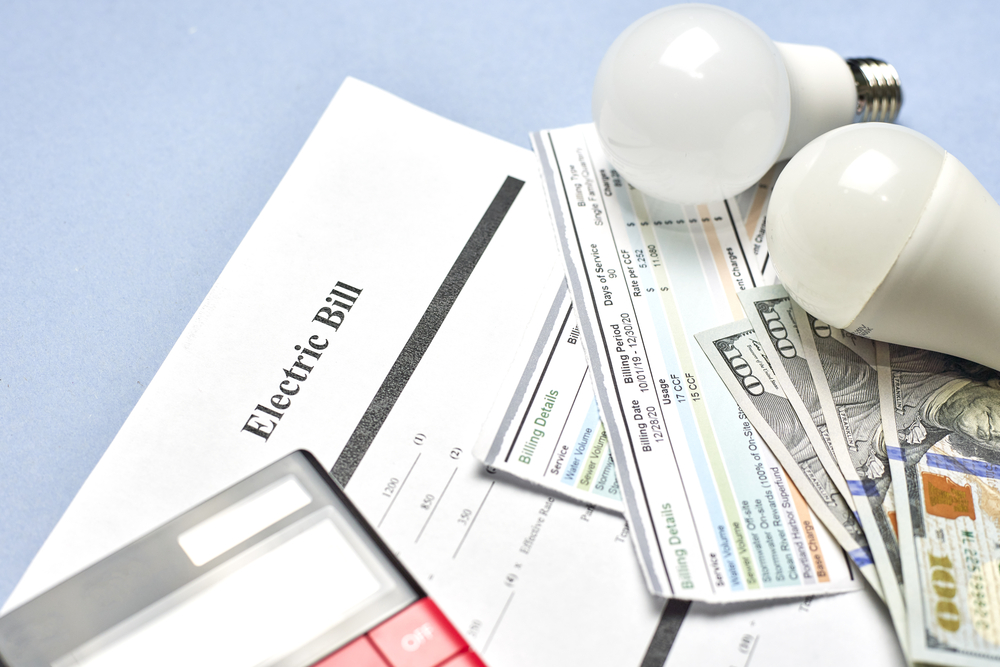Solar panels are one of the easiest ways you can save some money and help the earth while you’re at it. Of course, there is an initial investment involved, but you can power your house with sunlight in the long term and save on power costs.
The real question is whether you can actually earn money by selling power back. Solar panel installers like to say this, but is it true?
Do Homeowners Earn Money Selling Power Back to the Grid?
The answer is yes and no—yes, you can earn money through feed-in tariffs when your excess power is sent back to the grid. However, not everyone can do this. It depends on the utility company attached to your power grid and the compensation policies for the specific state that you live in.
Feed-in Tariffs
You have probably heard that when you install your solar panels, you can earn money by selling electricity back. This is true—for every kWh that goes back into the power grid, you’re able to gain a tax credit amount.
This only applies with the feed-in tariff policy, though, which is only available in certain states in the US. Florida currently does not have a feed-in tariff program.
Net Metering
In 38 states, utilities have legally required net metering rules. Basically, net metering is a billing method that your utility company will use to compensate you for producing any extra electricity that gets uploaded to the power grid.
However, you’re not actually selling this energy for straight cash. You will be able to avoid paying an energy bill at the end of the month if you garner enough energy and may be able to use electricity for free if heavy clouds are blocking out the sunlight at any point. That includes nighttime since there is no sunlight resource at that time.
Not all states use this, though, and some are transitioning to new types of programs that you will need to check on for your specific state.
Tax Credits
You will receive an energy tax credit more often than receiving actual money in return for power. This is available for all homeowners who install renewable energy options on their home and will let you receive a 26 30 percent rebate credit for qualified expenses.
Either way, you will end up saving yourself money with these credits, but you won’t actually be selling your power back.
Tax Exemption
You might also be compensated in part through the State of Florida sales tax exemption. This means that you won’t have to pay any sales tax when you’re buying your new system. With the cost of the actual solar panels, even that 7 percent can add up to a lot of money.
What About Buy-Back Programs?
You’ve probably heard about buy-back programs for solar power, which are supposed to let you sell back your unused electricity. However, these types of programs operate through net metering. This means that you may be able to get money off your electricity bill and won’t need to pay as much, but you won’t actually receive physical monetary compensation.
How About SRECs?
There is also the option of selling solar renewable energy certificates, which certain states offer. These are certificates that solar energy owners earn for every 1000 kilowatt-hours that their system produces. You can register your certificate and sell it on the SREC market for extra income.
You aren’t actually selling your electricity, but you’re selling the green aspect of it, which your state makes money off of as they try to meet renewable energy goals. This can provide you a bit of some passive income if your state uses this type of program. Florida is currently not utilizing the SREC program.
Conclusion
When you install solar panels, you’ve probably heard that you can make money by selling your excess electricity back to the power grid. In a way, you can do this and save yourself some money, but it’s not often that you’ll be able to actually get physical money. Your solar panels will definitely pay for themselves in time, although it may not with actual cash. The payback occurs as a result of your utility savings every month.

 Mon- Fri
Mon- Fri
